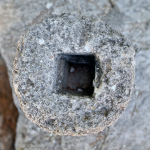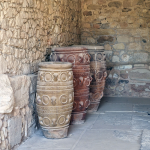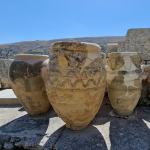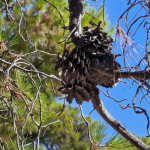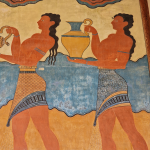Olive oil production in Crete has a long and proud tradition that dates back thousands of years. Crete, the largest Greek island, is known worldwide for its high-quality olives and first-class olive oil.
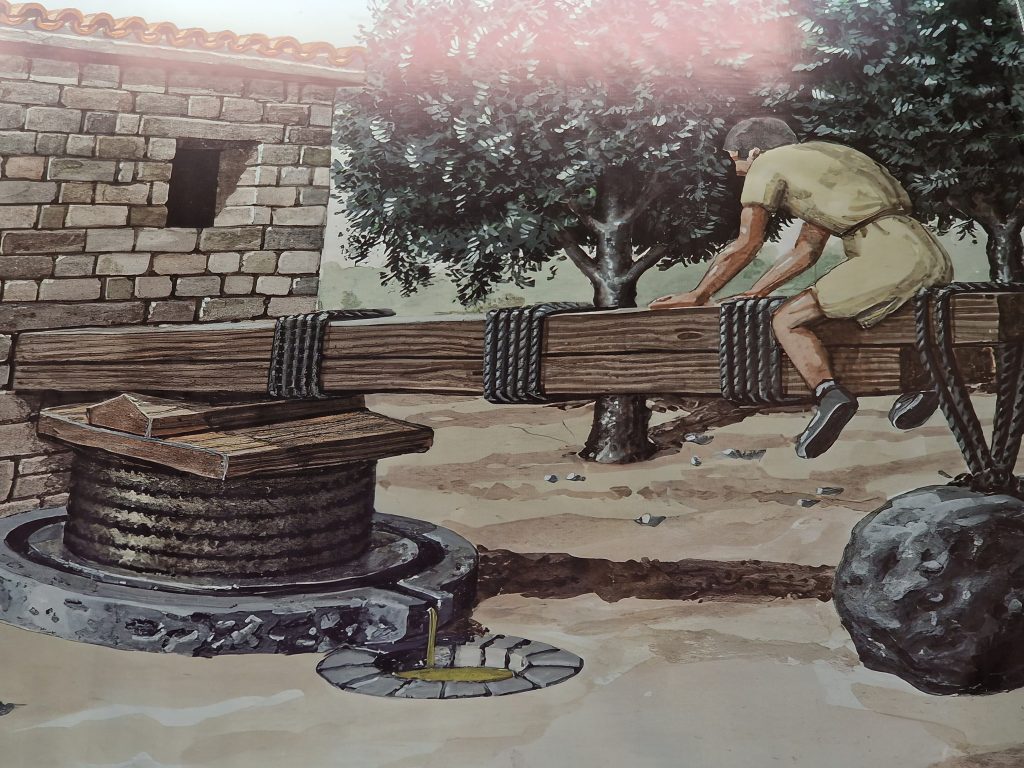
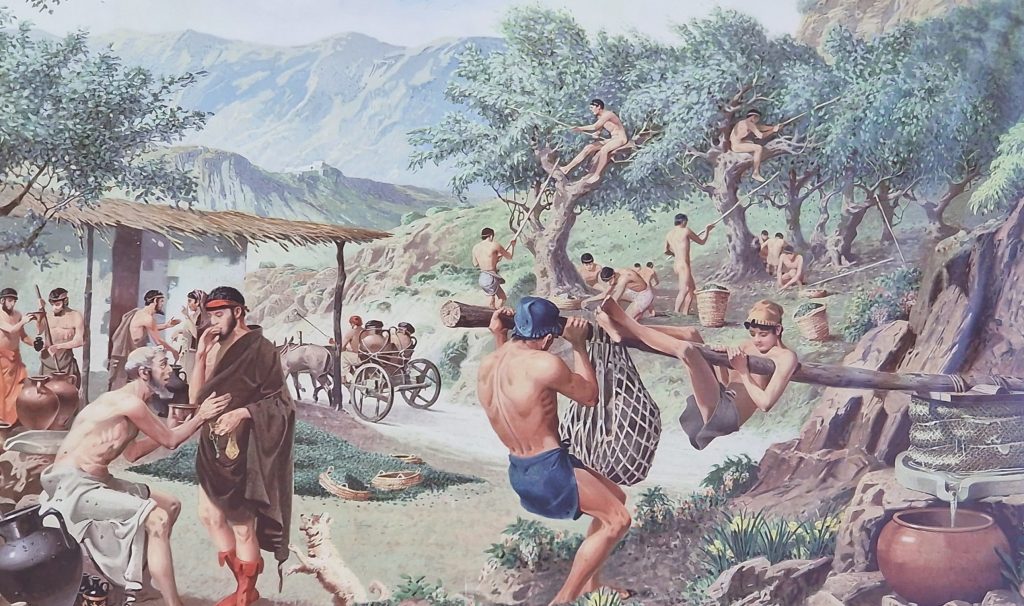
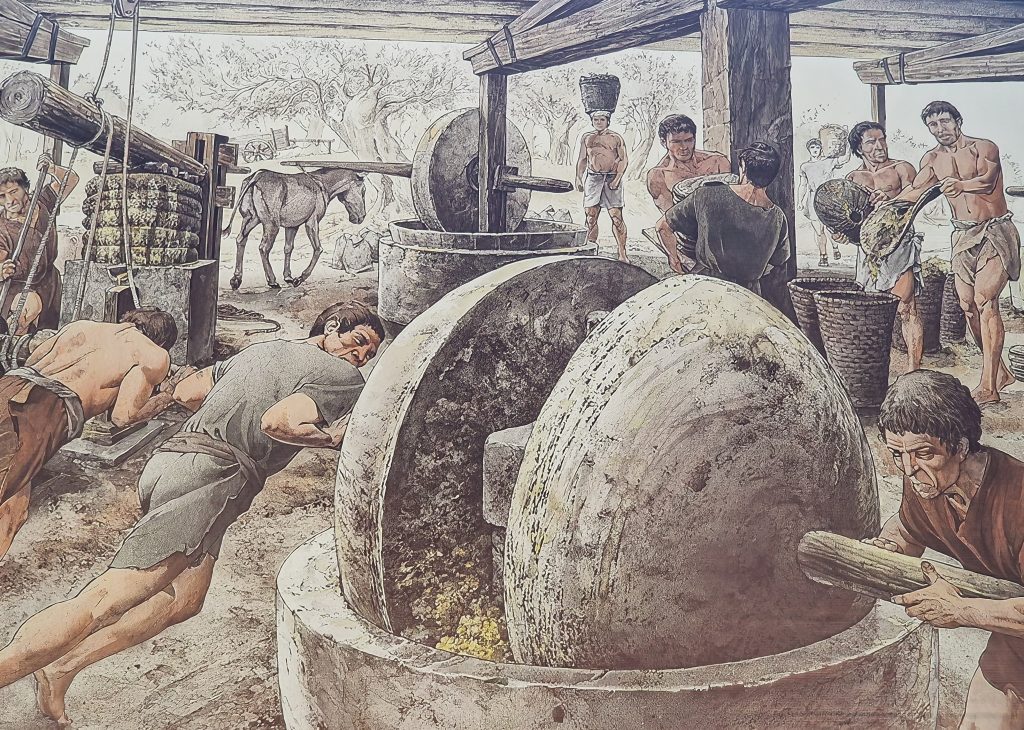
Pictures are from my trip to Omalia Olive Press. More about this here >>>
Here are some important aspects of olive oil production in Crete
- Climate and soil: Crete's Mediterranean climate, with mild, wet winters and warm, dry summers, creates ideal conditions for growing olive trees. The island's barren, rocky soil is also well suited to olive cultivation.
- Olive tree variety: Various varieties of olive trees are cultivated in Crete, including the most famous varieties such as Koroneiki, Tsounati, and Mastoidis. The Koroneiki olive is particularly widespread and valued for its oil-rich flesh.
- Harvest time: The olive harvest in Crete traditionally takes place in autumn, usually between October and December. Harvesting is done both by hand and using vibration technologies to separate the olives from the trees.
- Olive oil production: After the harvest, the olives are taken to extract oil. Traditionally, the olives are crushed in stone mills and made into a paste. This paste is then pressed to extract the olive oil. Modern methods may also include centrifuges and other technologies to produce high-quality olive oil.
- Quality and taste: Cretan olive oil is characterized by its exceptional quality and unique taste. Koroneiki olive oil is known for its fruity taste, slight spiciness and golden-green color.
- Tradition and culture: Olive oil production is not only an economic aspect in Crete, but also an essential part of Cretan culture and tradition. Olive groves and presses play an important role in the local way of life.
- Tourism and sightseeing: Many olive oil producers in Crete also offer tours and visits to give visitors an insight into the production process. This allows tourists to follow the steps from olive harvest to oil extraction.
Cretan olive oil is considered one of the best in the world, not only for its quality, but also for the tradition, the careful care of the olive groves and the artisanal production methods that have been passed down for generations.

Passionate "phone clipper". Currently with mine Samsung Galaxy S22 Ultra. A great phone with XNUMX TB of storage. Lots of space for experiments. My favorite subjects are plants, Eat & drink, animals, Buildings and Landscapes.
Otherwise, I like to spend my time in nature and sometimes hang out on the PC, with a cozy round Civ or Star Citizen, away. A series is also often sought after on the couch in the evening.






